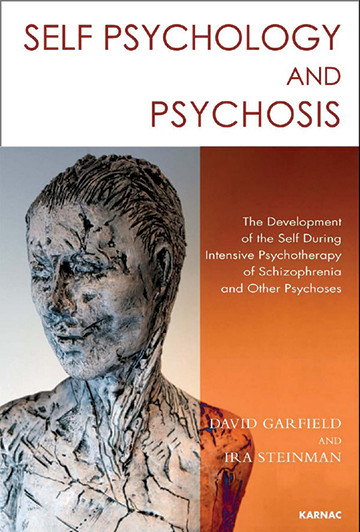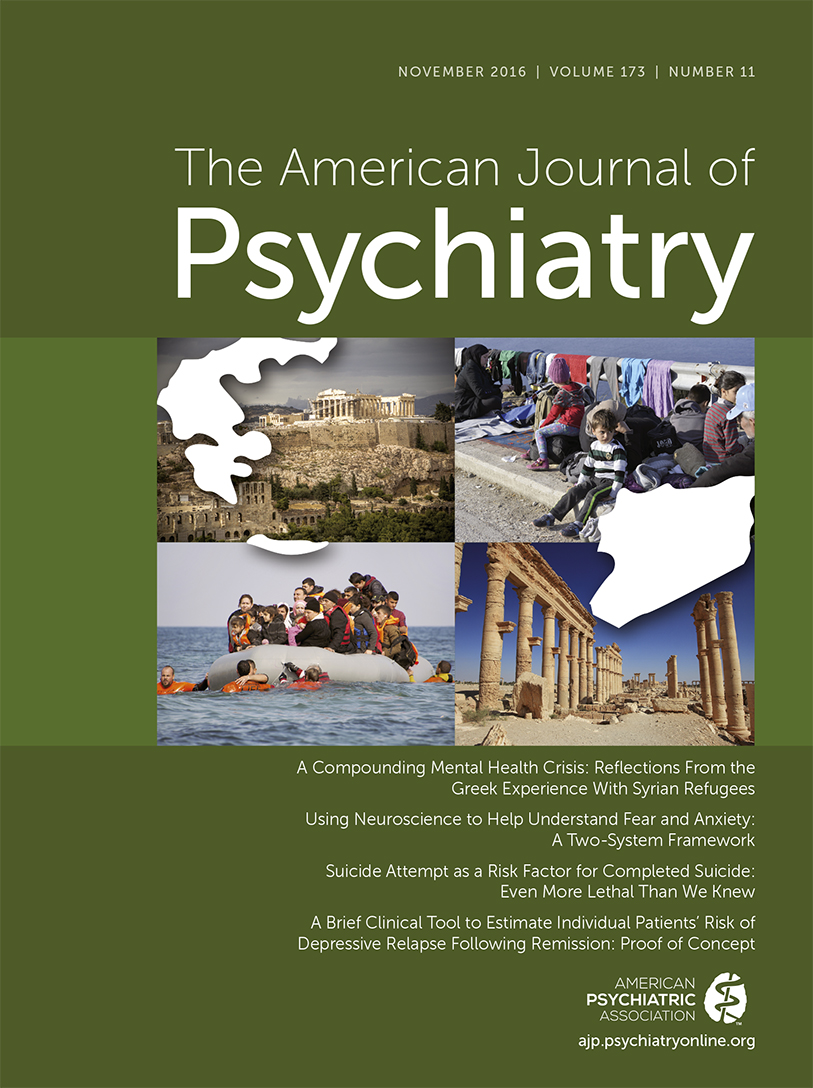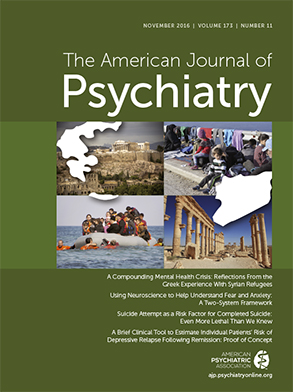Garfield and Steinman have treated intensely psychotic patients for many years and have faced severe risks as they helped their patients transform their lives. The book Self Psychology and Psychosis: The Development of the Self During Intensive Psychotherapy of Schizophrenia and Other Psychoses is both an appealing description of these cases and a problematic psychiatry book.
An Appealing Book
Psychiatrists tend to take delusions and hallucinations essentially as damaging symptoms without any constructive side; they are problems to be eradicated. The authors argue, on the contrary, that people with psychosis create psychotic symptoms to hold together their selves as they face disintegration. These very disturbing symptoms, according to the authors, are attempts to protect the self from a worst-case scenario: “not to be.” Garfield and Steinman use psychotic symptoms in the treatment of patients as an entry door to repair the self. The book is a commanding demonstration of how to understand and interpret delusions and hallucinations as a way to treat psychosis.
Psychiatrists and patients discuss hallucinations and delusions not just as a problem to be eradicated without a constructive side, but they discuss these symptoms in their psychological meaning. From a traditional perspective, this is a paradox because these symptoms are false by definition and yet are treated as a phenomenon full of truth and meaning.
To hold this discussion, the therapist needs to recognize the patient’s transference toward the therapist: mirroring, idealizing, and twinship, according to Kohut (
1). The transference is the context, and the discussion of the symptom is the text. This way of making use of transference is a deviation from the classic technique; the therapist does not interpret the transference but is aware of the transference and interprets the psychotic symptoms as an attempt to integrate the self.
There are two arguments in favor of this use of transference. First, the transference provides a positive relationship that makes possible the interpretation of symptoms. Second, in a profound way, this transference by itself is the background that will necessarily support the patient to repair the self. Self psychologists are optimistic people; they think that a positive environment (i.e., positive transference) allows the patient to develop and integrate herself, “almost always.”
A fundamental and difficult task of working with patients with psychosis is to determine how it is to be psychotic (i.e., the experience of oneself during psychosis) and to be empathic, not only regarding positive symptoms but also regarding negative symptoms and the sense of self. The authors show us how to be empathic. A second fundamental task working with psychotic patients is to have hope for the patient, not only for the reduction of positive symptoms and some improvement of adaptability but also, in a deep way, hope for a fuller life, for love, for creative work, and finally for a cure—if you believe in this possibility. These cases are interesting, powerful, and moving, especially Steinman’s cases.
And a third fundamental condition for working with psychotic patients is to have a tool and the knowledge to use it. The book, full of long and detailed clinical examples, teaches how to perform psychotherapy with these patients. It is a theoretical and practical book.
A Problematic Psychiatry Book
The book is representative of the ideological warfare within the psychiatry world between psychoanalysis and biology. The authors minimize the role of medications and neglect any biological understanding of psychosis. They want this distance, as Steinman writes: “How can one ever get to the ‘lost heart of the self’ via excessive use of antipsychotic medication?” (p. xxii). I suppose the reason the authors want to keep their distance from biology is because they devalue this understanding of the human being, writing, “To me, such a practice is both objectifying of the patient, turning him into an ‘it’ or ‘the other,’ and ineffectual” (p. xxii). This is a mistake.
The “ideological syndrome” of psychiatry, I think, is the belief that a theoretical point of view is the correct one and that others are wrong or inferior. Most of the time, our theories are ours not because they are correct but because they are the ones we are familiar with through our training and practice. Our theories are the ones we learned to like; for example, the authors claim that pharmacological care is only a minor treatment, frequently overused, and only necessary to allow psychotherapy. This is a frequent psychoanalytical bias. There are ways to bring together biology and psychoanalysis as McHugh (
2) and, more recently, Ghaemi (
3) and Kendler (
4) have argued. A “no reductionist materialist” point of view, not free of its own problems, could better explain the relationship between brain and mind.
Looking for medication that affects the brain is an attempt to repair the nature of psychiatry disorders; looking for the correct psychotherapy that affects the mind is also an attempt to repair the nature of psychiatry disorders. We human beings are as deep as our brain organization goes and as our mind complexity goes. Garfield and Steinman fall into the temptation of considering that their personal point of view is the deeper and more correct one, and of course, since they claim to have cured some schizophrenic patients (p. xxii).
This brings us to the problem of evidence-based medicine. Experience and intuition are necessary to practice medicine, but so is the use of evidence, especially when considering such a strong claim that psychodynamic psychotherapy can cure schizophrenia. I know that proving this cure is extremely difficult and also that clinicians have to do many things without strong evidence, but to argue that one can solve the greatest challenge in psychiatry, to cure schizophrenia, one needs the strongest evidence.


